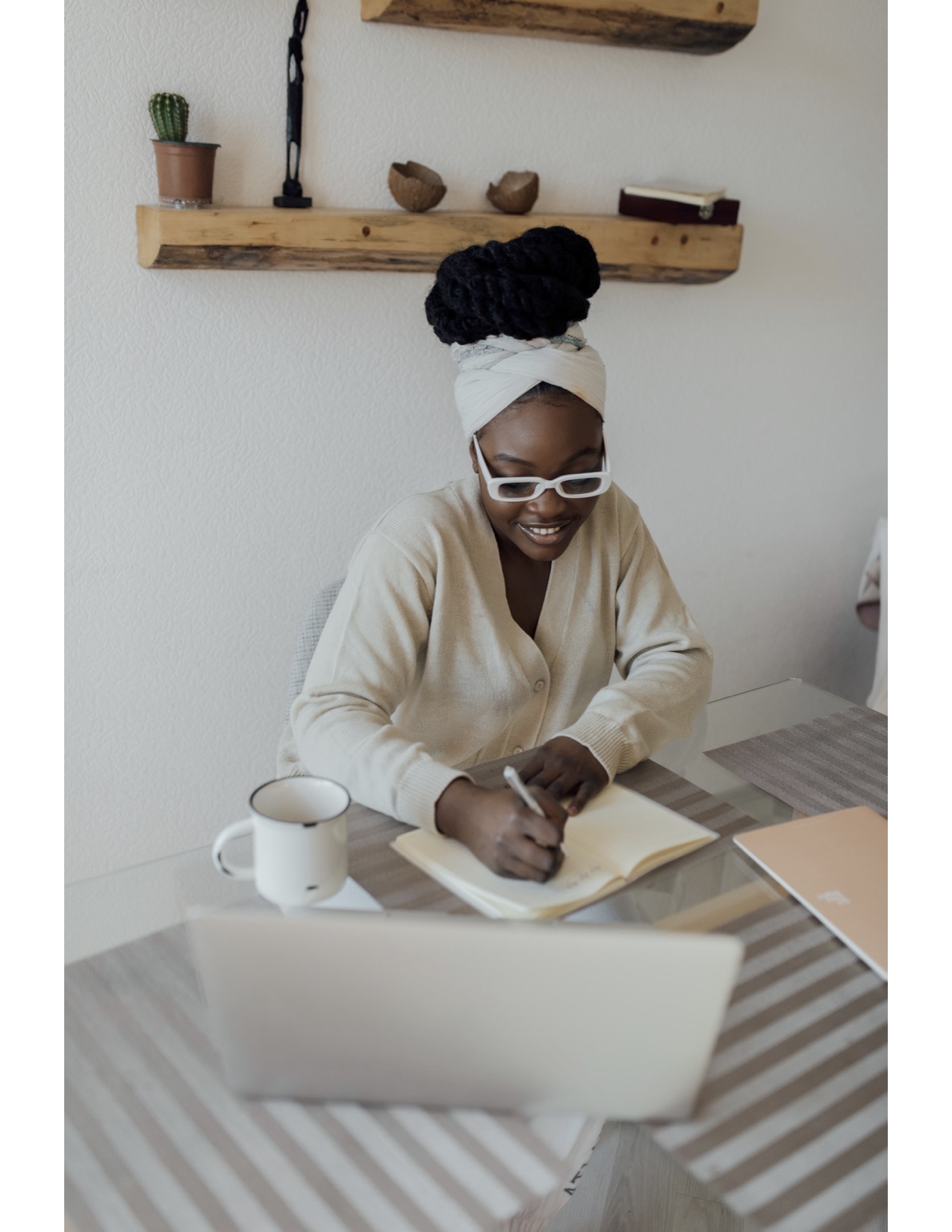A Path To Recovery From Burnout

Can I be honest with you? I mean, really, can we talk? I am a recovering perfectionist and workaholic! I don’t want to admit it but I am. I don’t know when I discovered this truth. I was always a good hard-working student who wanted to make her parents proud. I don’t recall my parents putting any undue pressure on me to be the best, but I was aware of my role in our family. I was the “brainchild”. Out of the six children in my family, I am the only one to go to college. Not just once, but three times: undergrad, graduate, and doctorate level studies. I made great grades in high school and college and I do not recall failing anything. Well, maybe a math test. I was never good at math. But I reasoned why I would need to be; I am becoming a doctor of psychology. All I need to know is how to balance a checkbook!
Fast forward twenty years and here I am that overachieving, go-getter who is still learning the keys to working smarter, not harder. I have experienced burnout in several seasons of my professional life. I know it so well. I know when I am headed straight into the abyss of burnout. It makes me a great detective in helping others to know when they are also burned out!
At what cost are we hustling, grinding, seeking promotions, advancements, the corner office with the big window overlooking the city, etc.? We are making ourselves sick. I find that Black women are particularly vulnerable to experiences of burnout, but may not know that the symptoms they are experiencing are consistent with burnout. We are showing up in urgent care and emergency rooms with stress-induced panic attacks and at our primary care doctor’s office with reports of no motivation, no energy, and problems sleeping. This may sound like depression for those who do not know the difference. Black women are on next-level burnout, meaning we have operated in this high level of stress for so long that we have adapted to it as normal, again, until we are sick. According to research, marginalized people, especially people of color, often experience burnout at higher rates due to systemic injustices.
The biggest difference between major depression and burnout is if removing the source of the stress makes you feel better, it is likely burnout. There are some overlapping symptoms. In either case, self-care and managing stress and risk are critically necessary.
The Black Women’s Mental Health Series is curated to address the concerns of overwhelm, mood problems, stress and isolation. There are several events that we have created with you and your wellness journey in mind. Community is so important in healing for feelings of isolation, avoidance and overwhelm. We often think we are the only ones going through difficulty. First, the Spring Series Cohort of the Masterclass: The Awakening: Finding Our Voice and Standing In Our Truth begin in April. The objective of this four Saturday class is to bring together Black women leaders who need a safe space for courageous conversations and wellness chats that speak to our unique lived experiences. Next, on June 11, 2023 we will host our first intensive, the Vision Intensified & Personified (VIP): Wellness Retreat at the Akwaaba Bed & Breakfast in Philadelphia, Pa. We amplify the traditional vision board experience to a high level of intense inner healing experience! You must be ready for massive breakthroughs!
We are all about your healing. It is time to invest in you. You invest in everyone else, come getaway and enjoy a day of pampering, socialization, connection, and healing.
To get in the know first hand about both of the events, please sign up to receive our newsletter. For the events to have the greatest impact, there are a maximum of 20 spots in order to create an intimate experience.
I look forward to hearing all your testimonies after each of the experiences, You won’t be the same. For more details and/or questions, you can email us at admin@clackassociates.com.
In Your Wellness,
Dr. Clack

